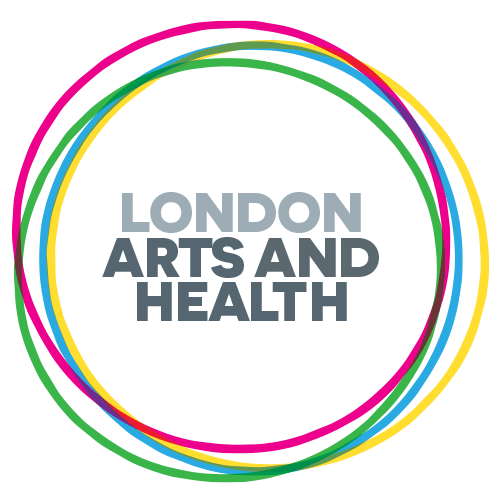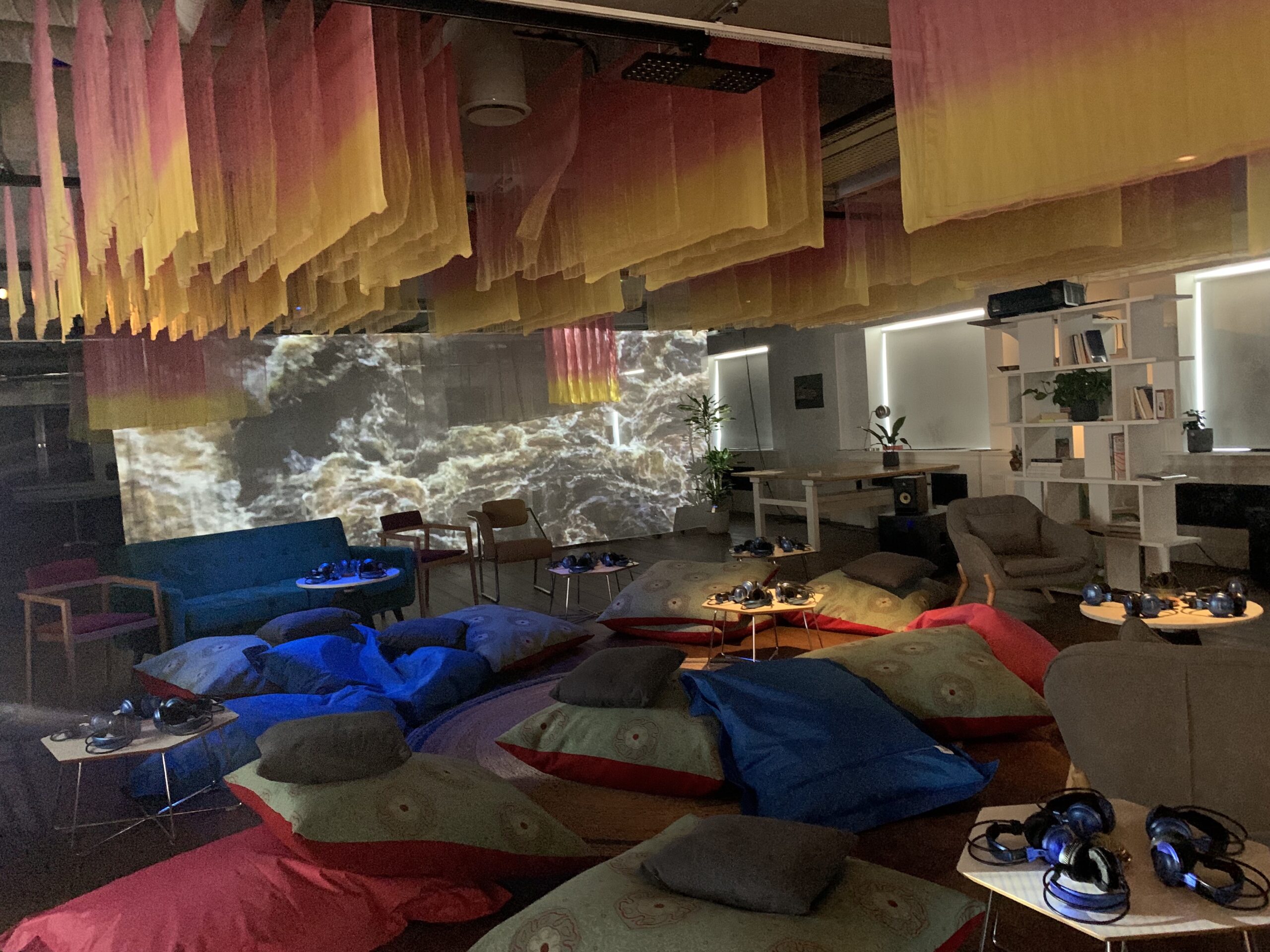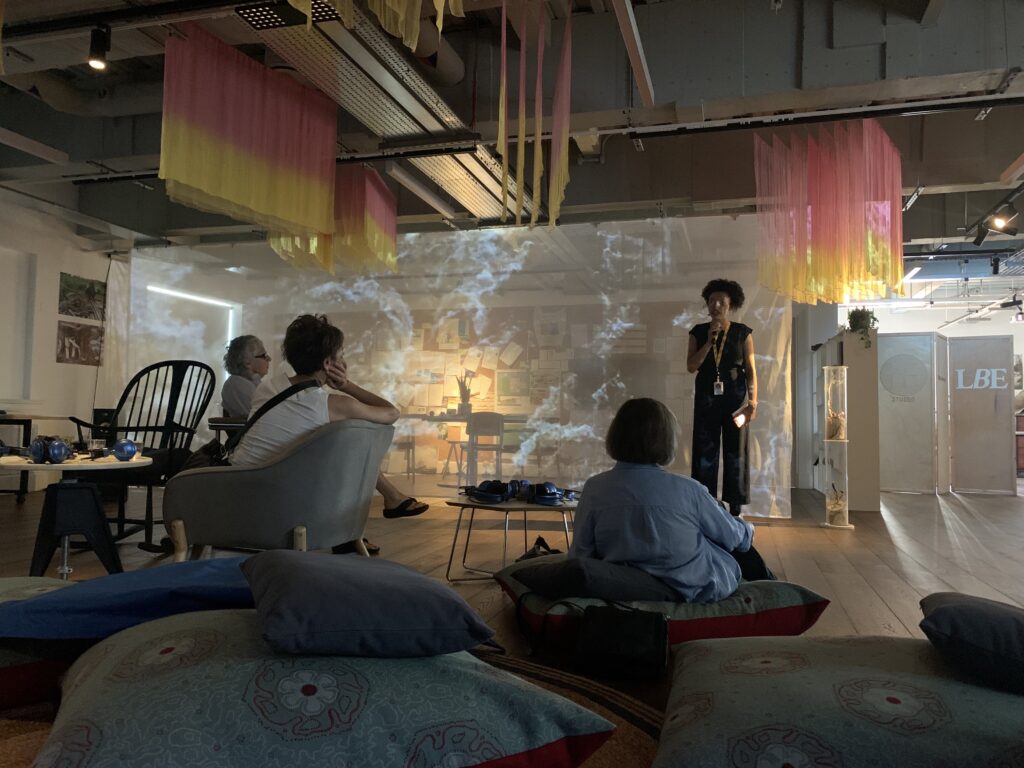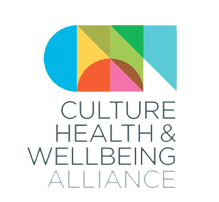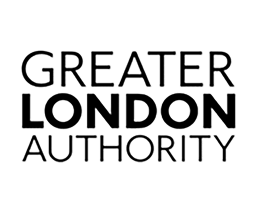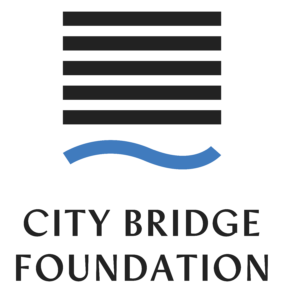About Invisible Flock
Last night we at LAH were lucky enough to be invited to the launch of the first podcast from Land Body Ecologies, a research initiative from Invisible Flock.
Invisible Flock and partners are the recipients of the Wellcome Trust’s renowned Hub Award. The grant provides a dynamic research space in the Wellcome Collection building at the heart of London, where people with different expertise can collaborate on projects exploring health, life and art.
The Land Body Ecologies Research Group, initiated by Invisible Flock, will undertake a two-year research project that brings together a team of human rights activists, mental health researchers, scientists, and artists to research the phenomenon of solastalgia. A developing field in global health, solastalgia is defined as the emotional or existential distress caused by environmental change, or commonly described as “the feeling of homesickness while you are still at home.” Through the lens of solastalgia, the project aims to understand the lived experiences of land trauma on marginalised and indigenous communities.
The research is anchored within communities and the project will bring to life a live network of hubs in Northern Finland, Kenya, Uganda, India, as well as central London. These hubs will support the incorporation of local knowledge, perspectives, and lived experiences in the research, which is vital as the team aims to better understand the traumas endured when the lands and ecosystems suffer.
The Land Body Ecologies Research Group is the fourth collaborative residency group in Wellcome Collection’s Hub since 2014. The project will commence in October 2021.
LBE is Dr Ayesha Ahmad, Dr Outi Autti, Samrawit Gougsa (Minority Rights Group International), Sheila Ghelani, Kaisa Kerätär (Waria), Invisible Flock , Quicksand, Action for Batwa Empowerment Group and Ogiek Peoples’ Development Project.
About the podcast
The Free River tells the story of Kemijoki, Finland’s longest river that cuts across the country’s northern region. As the first hydroelectric power station was constructed on the river between 1945–1949, the damming of the river Kemi represented a death blow for a salmon-fishing culture that was centuries old, and changed forever the course and balance of this powerful thriving river and ecosystem. The story is grounded in the experiences of two sisters. A generation apart from each other, they both reflect on how the damming shaped their work and lives. In the episode, they journey through the land as they strive to understand the lasting suffering caused when the hydro dam was constructed across their family home and silenced their river.
The team had set up an immersive listening place in the Hub, including projections, photos and even food and drink from the region in Finland. The group were then collectively invited to listen to the podcast, which we at LAH can only describe as a deeply moving, sonic experience. The audio captures the stories of multiple generations, their relationships to the river and how it has affected not only their own health but the collective health and trauma of a whole community, with reports of loss of sleep, suicide and general poor health. The act of capturing the research in this creative way, and presenting it so beautifully enabled us, the audience, to really connect with the river, and its effect on the local environment underpinning the strong bond that people have to land and place. The podcast effectively captures the story of the loss of the river and shows how creativity can provide the collective ingredients to mark the processing of trauma, and the importance of recording and listening to people’s stories. We highly recommend the podcast series, and can’t wait for the next episode.
The Free River is available in English and Finnish (separate audio tracks).
